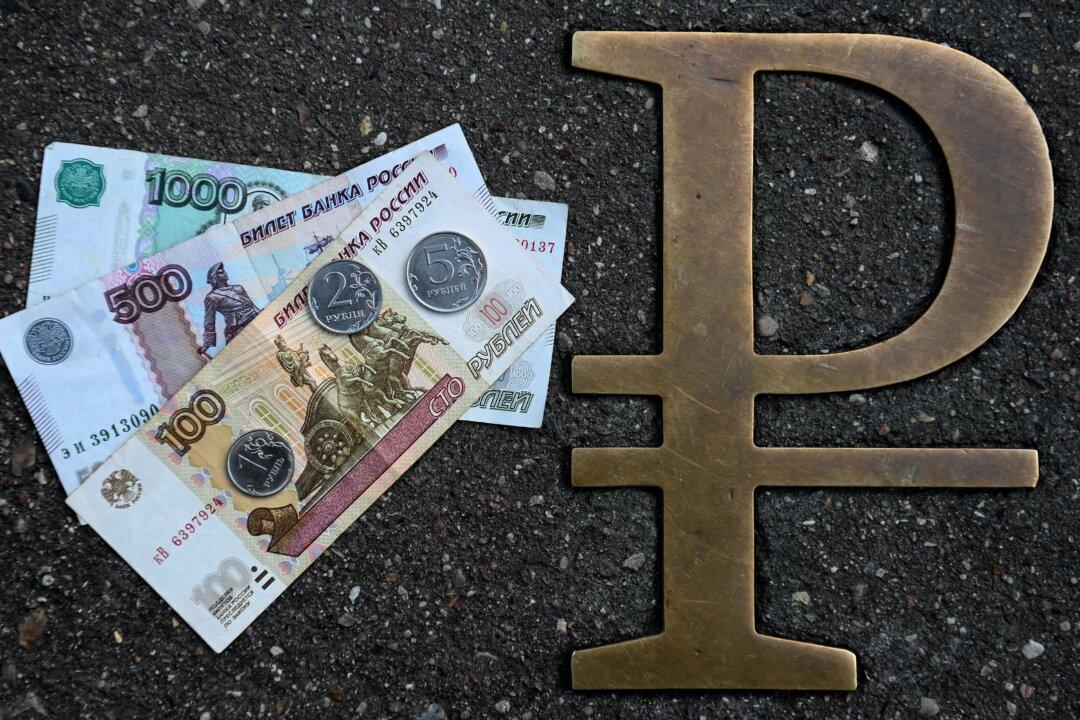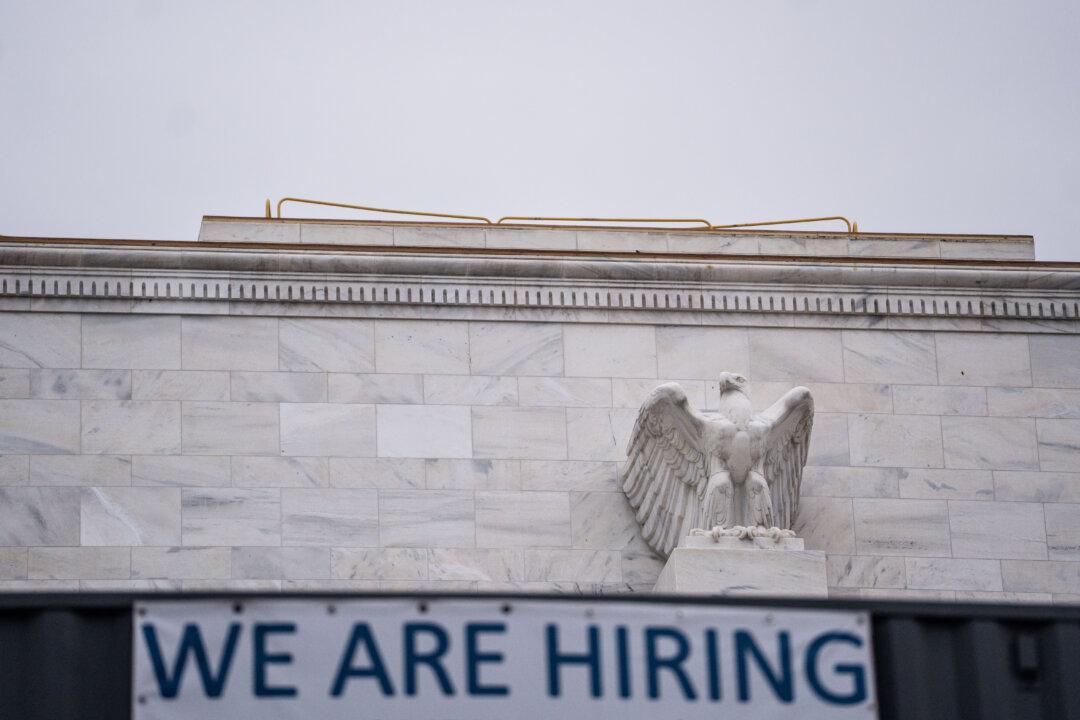Severstal, a steel and mining company, could become the first Russian company to fail to make a critical interest payment on foreign-currency debt.
The domestic firm had a $12.6 million coupon payment due on March 16, but was granted a five-business-day grace period. The industrial giant possesses $800 million in loan participation notes that mature in 2024. The company has urged bondholders to contact Citigroup, the financial institution that blocked the payment and requested an ironclad permit from the U.S. Treasury to cover the obligations, Bloomberg reported, citing two people familiar with the discussions.





